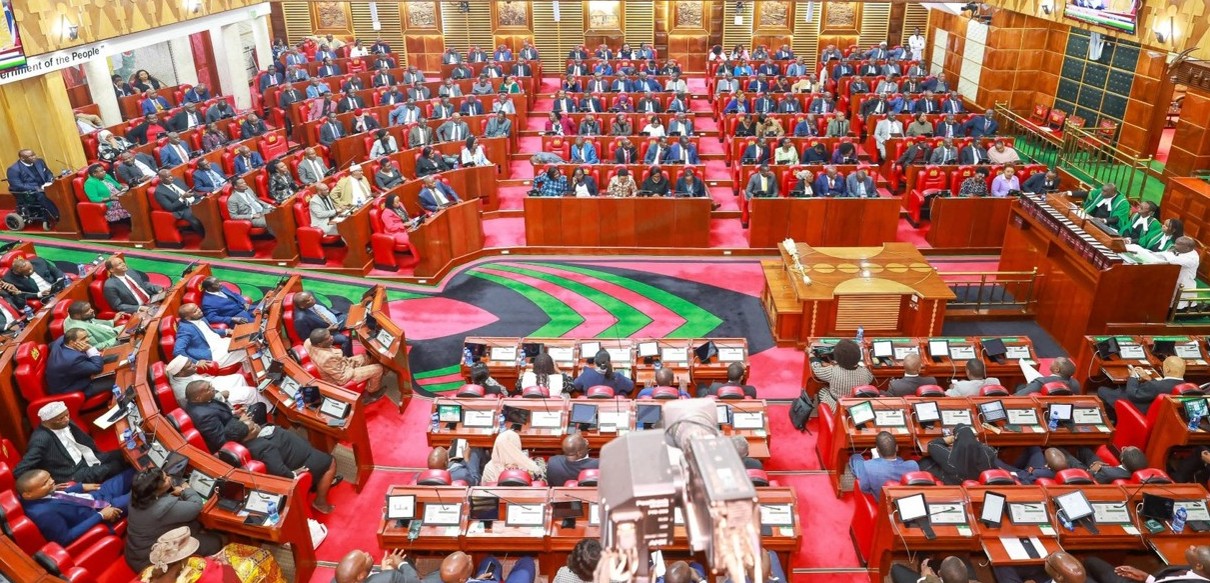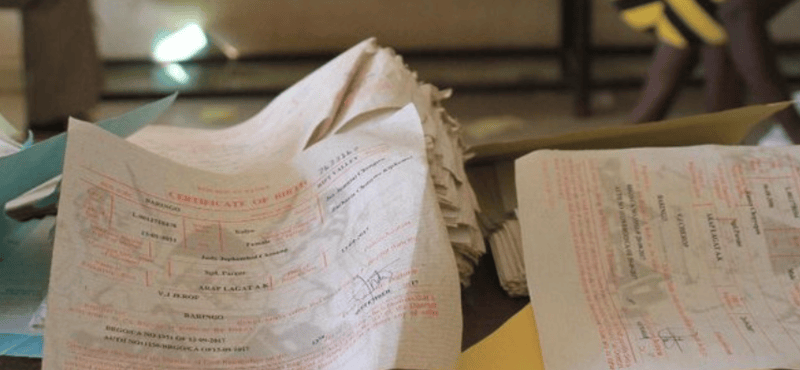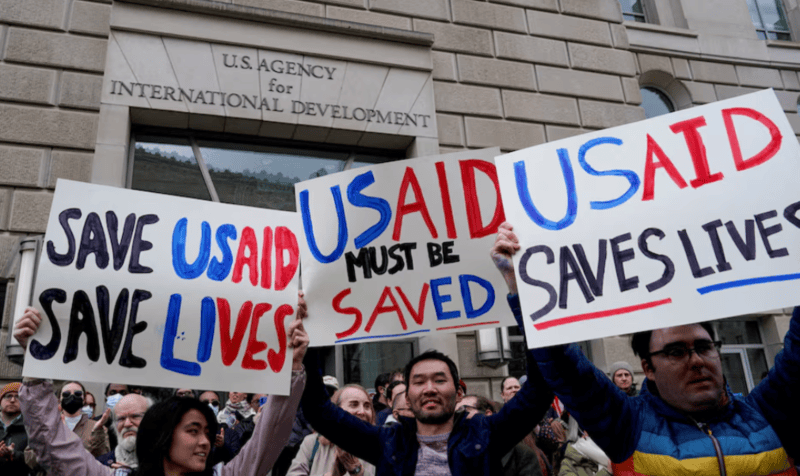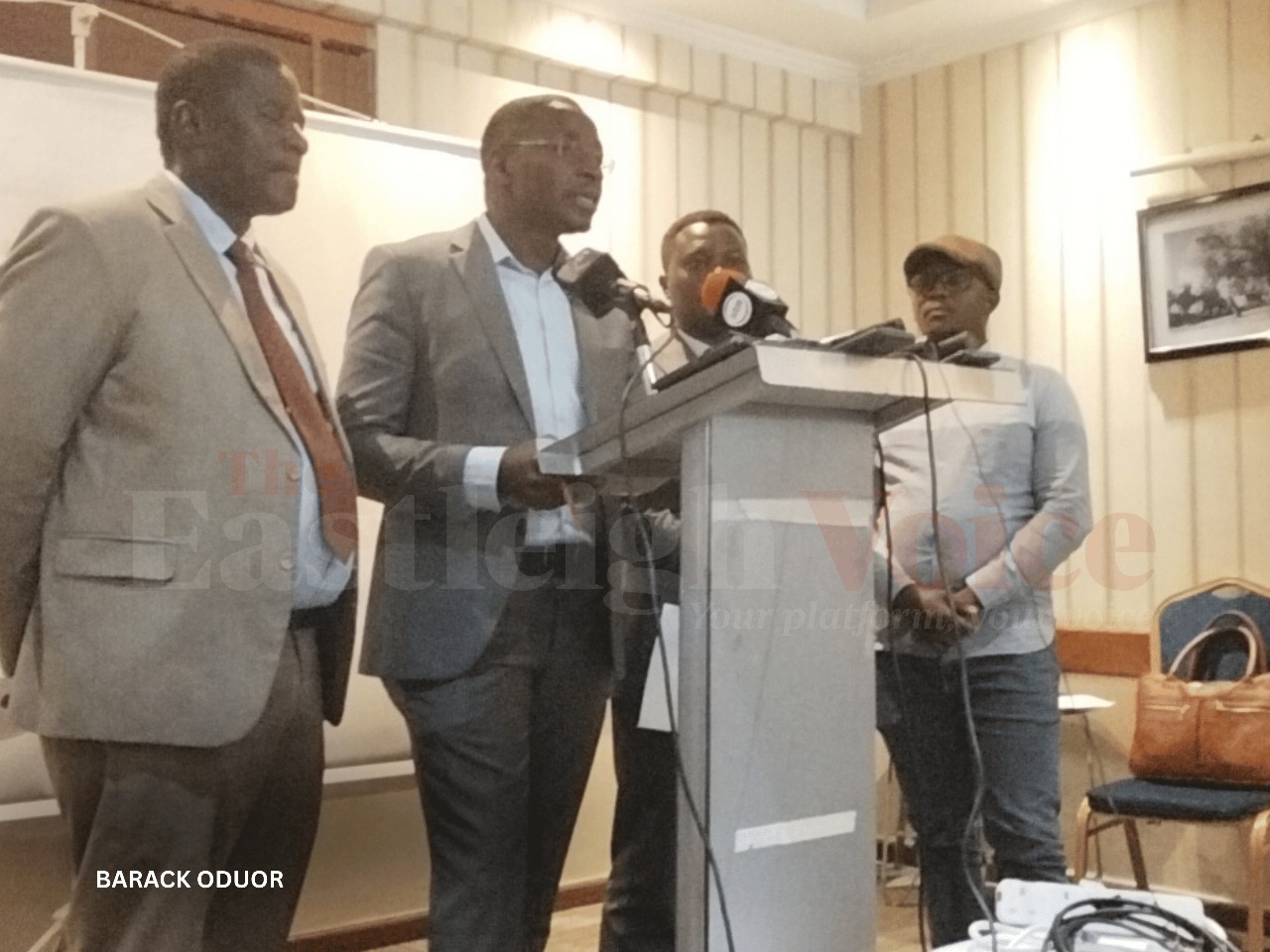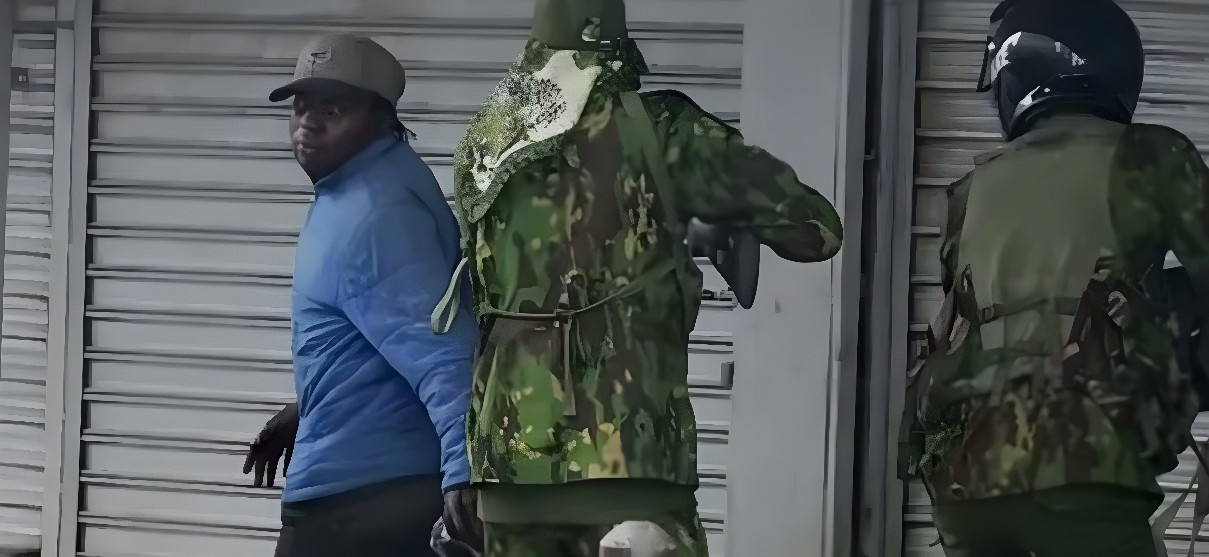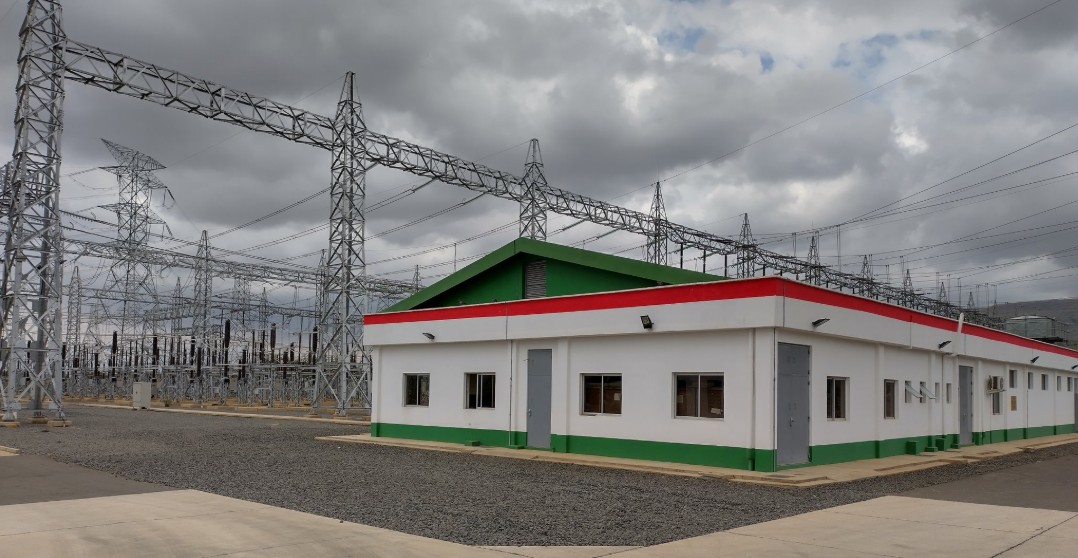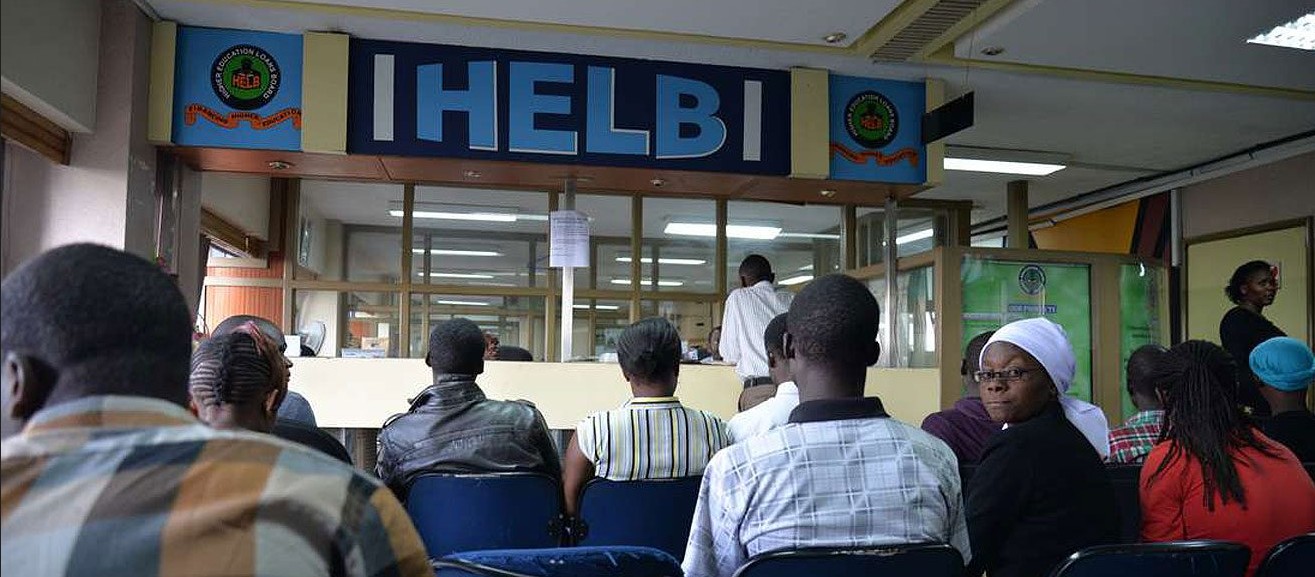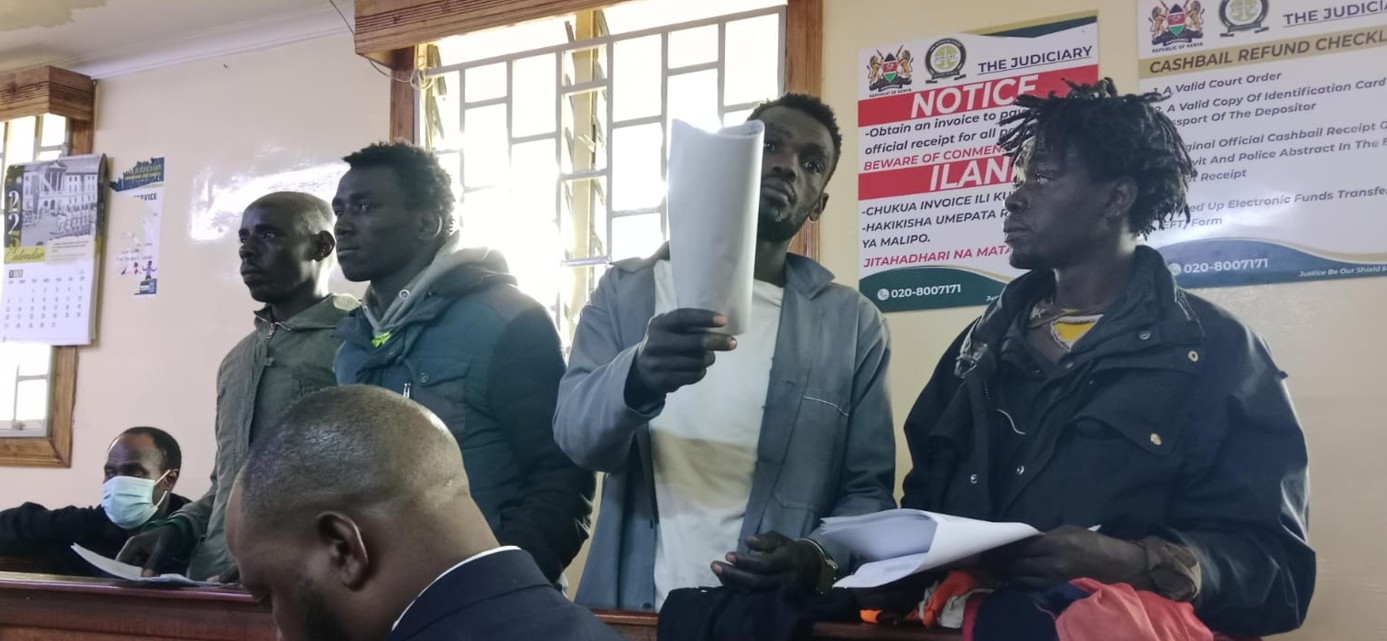Political economist slams Bill restricting protests near key state offices, says move an attempt to silence public dissent
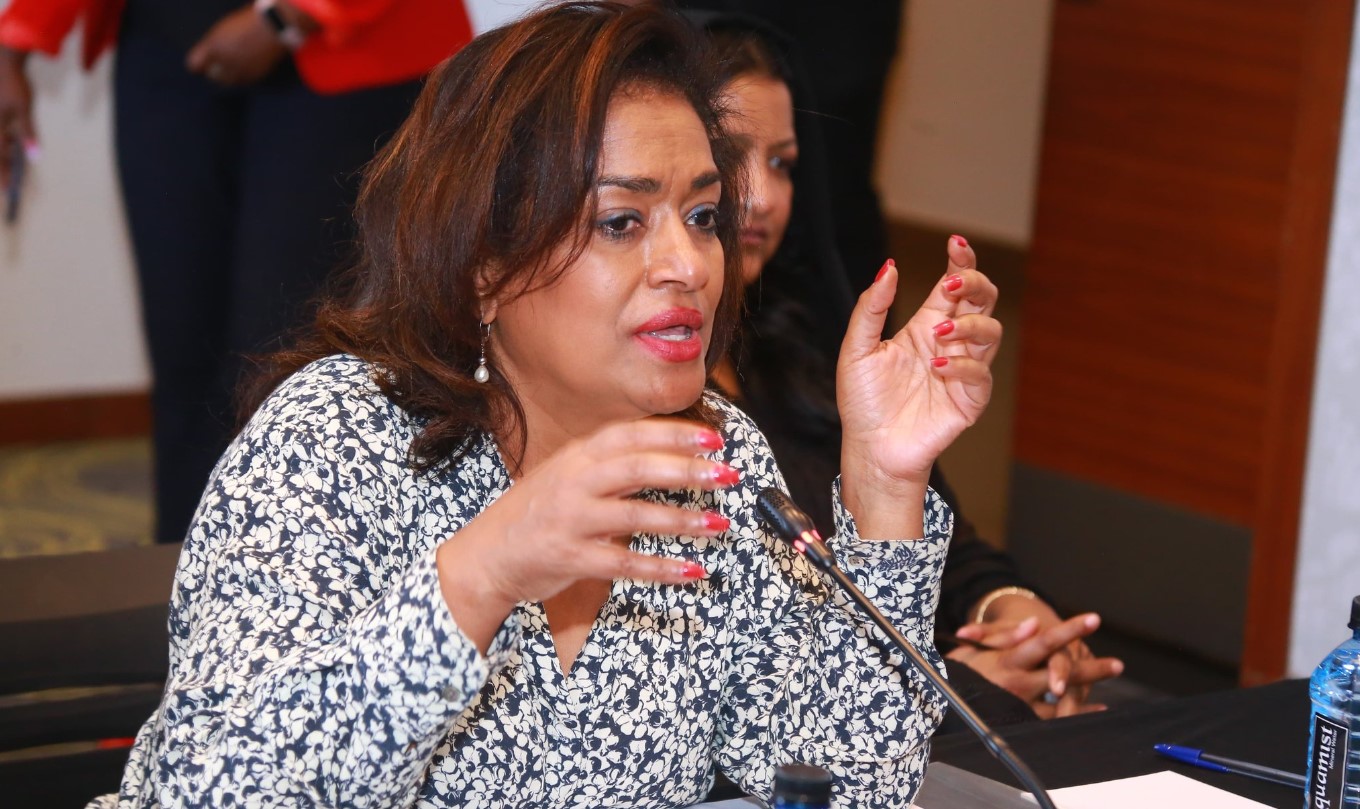
The Public Order (Amendment) Bill, 2025, seeks to amend the Public Order Act to restrict public gatherings near Parliament, State House, courtrooms, and other protected areas.
Political economist Sheila Olang has criticised a new Bill sponsored by Nairobi Woman Representative Esther Passaris, describing it as a deliberate attempt by the political class to silence public dissent instead of addressing the root causes of the recent national crisis.
The Public Order (Amendment) Bill, 2025, seeks to amend the Public Order Act to restrict public gatherings near Parliament, State House, courtrooms, and other protected areas.
More To Read
- Burial of slain hawker set for July 11 as calls for justice mount
- Petition filed seeking removal of KeRRA boss Philemon Kandie over June protests
- No-protest zone: New Bill seeks to block demonstrations near protected areas, critical infrastructure
- At least four officers in every riot unit carry live firearms, Charles Owino reveals
- Ruto: You can't save the country by burning it, if you want me to go, show me your plan
- Traders count millions in losses after protest looting and arson across Kenya
It proposes a 100-metre no-assembly zone and introduces fines of up to Sh100,000 or jail terms of up to three months for those who violate the law.
But Olang, speaking at Citizen TV on Wednesday, argued that this move reflects deep tone-deafness from leaders who are choosing to protect themselves rather than confront the grievances that triggered protests.
“They are shielding themselves from the crisis instead of confronting the underlying issues that caused it in the first place,” she said.
According to the proposed law, only pre-approved gatherings in designated zones, to be established by the Cabinet Secretary in consultation with county governments, will be allowed. This would limit the proximity of demonstrations to key government institutions.
A similar attempt by now Cabinet Secretary, Geoffrey Ruku, previously failed in Parliament.
Olang views this as a wider effort by the political class to restrict how, where, and why citizens protest, which she says poses long-term risks to the country’s democracy.
She referred to a study by the African School of Economics, which found that governments that restrict democratic rights during crises tend to suffer long-lasting effects, from economic stagnation to social unrest.
“What you see is, again, a tone-deafness by these kinds of responses. How I wish there was a balance between tough responses and addressing the issues that led to the crisis,” Olang argued.
The Political economist argued that leadership should be about stepping up during crises, not retreating.
“Good leadership looks at a crisis and sees an opportunity to do better. But when you don’t address the why, and instead rush to protect yourself from the people, it becomes a complete waste of time,” she said.
Olang added that suppressing protests without dealing with their causes is not sustainable, especially with a population that is well-educated, well-informed and technologically aware.
“When you’re in leadership, you lead... You don’t issue orders for people to be shot. You don’t impose fear. You don’t run away from accountability,” she said.
Going further, Olang also touched on the generational shift in civic engagement, saying today’s citizens are not the same as those in the past.
“We are informed. We know our rights. We’re tech-savvy. We read. We ask questions. And we are not going anywhere,” she said.
She also addressed the President directly, saying that ignoring the voices of the majority would only deepen the country’s crisis.
“If President Ruto cannot listen to the voices of the over 70 per cent of Kenyans who are protesting, then where are we headed as a country? He must recognise that the public feels deeply alienated from his leadership, and as such, he must put the house in order,” she said.
She concluded with a reminder that public leaders are answerable to citizens, not the other way around. “You are not in leadership because the rest of us are children of a lesser God. We gave you the mandate. Now we are asking you for accountability. This is a leadership management situation.”
Top Stories Today
